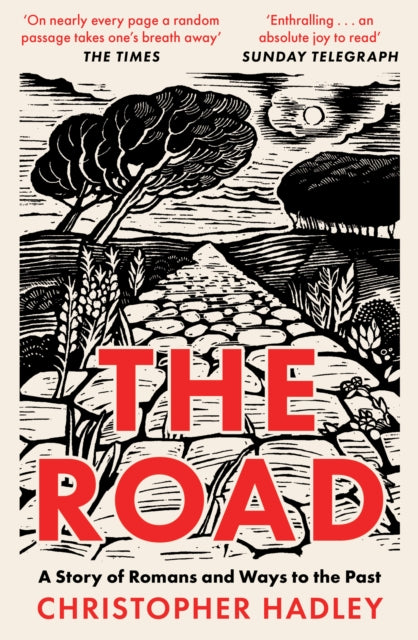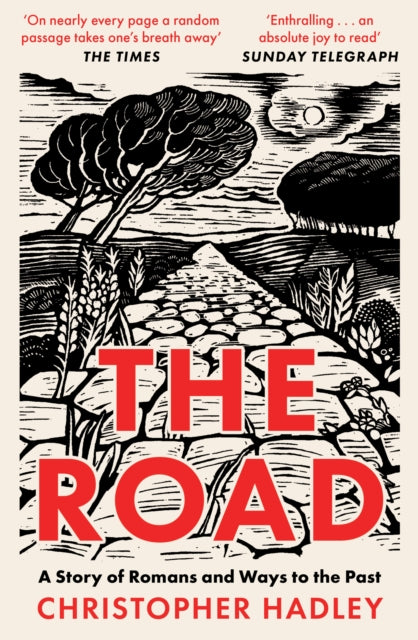A Times Book of the Year
"An absolute joy to read and an early contender for every list of History Books of the Year" Sunday Telegraph
"On nearly every page a random passage takes one's breath away" The Times
Have you ever heard the march of legions on a lonely country road?
For two thousand years, the roads the Romans built have determined the flow of ideas and folktales, where battles were fought and where pilgrims trod. Almost everyone in Britain lives close to a Roman road, if only we knew where to look.
In the beginning was Watling Street, the first road scored on the land when the invading Romans arrived on a cold and alien Kentish shore in 43 CE. Campaign roads rolled out to all points of the compass, forcing their way inland and as the Britons fell back, the roads pursued them relentlessly, carrying troops, supplies and military despatches.
In the years of fighting that followed, as the legions pushed onwards across what is now England, into Wales and north into Scotland in search of booty, mineral wealth, land and tribute, they left behind a vast road network, linking marching camps and forts, changing the landscape, etching the story of the Roman advance into the face of the land, channelling our lives today.
Christopher Hadley, acclaimed author of Hollow Places, takes us on a lyrical journey into this past, retracing and searching for an elusive Roman road that sprang from one of the busiest road hubs in Roman Britain. His passage is not always easy. Time and nature have erased many clues; bridges rotted and whole woods grew across the route. Carters found an easier ford downstream, and people broke up its milestones to mend new paths. Year after year the heavy clay swallowed whole lengths of it; the once mighty road became a bridleway, an overgrown hollow-way, a parched mark in the soil.
Hadley leads us on a hunt to discover, in Hilaire Belloc's phrase, "all that has arisen along the way". Gathering traces of archaeology, history and landscape from poems, church walls, hag stones and cropmarks, oxlips, killing places, hauntings and immortals, and things buried too deep for archaeology, The Road is a mesmerising journey into two thousand years of history only now giving up its secrets.



